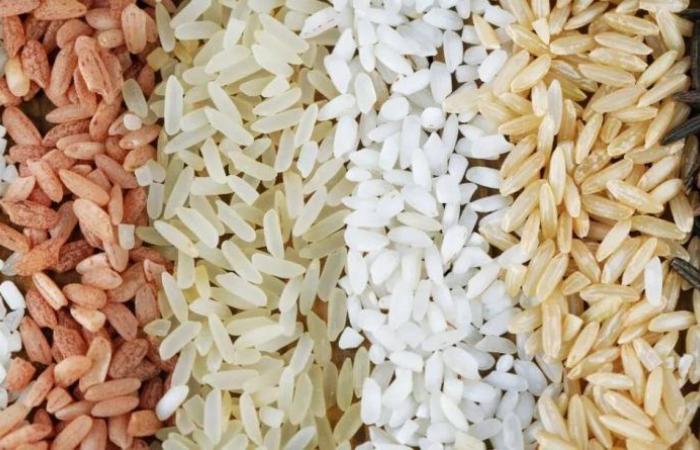The Ministry of Industry and Commerce of Morocco recently announced via an official press release a strategic measure aimed at stabilizing rice prices and guaranteeing supplies to the national market. Indeed, “from January 1, 2025, customs duties and VAT will be suspended on imports of rice classified under customs tariff No. 1006.20.90.00 until December 31, 2025 “. This suspension concerns a quota of 55,000 tonnes of rice, reserved mainly for industrial companies in the sector.
According to the ministry, this tax suspension aims to stabilize rice prices on the local market, thus guaranteeing sufficient availability for Moroccan households. This decision comes in a context where the prices of food products have experienced fluctuations, pushing the authorities to take measures to protect the purchasing power of citizens. Morocco’s dependence on rice imports highlights the fragility of the national sector. The ministry specifies that this temporary measure does not constitute a long-term solution for the rice sector, but aims to meet an immediate supply need. This highlights the need for the country to strengthen its local rice production and diversify its sources of supply to ensure greater food autonomy.
Read also: Morocco introduces anti-dumping system on canned Egyptian tomatoes
The quota of 55,000 tonnes of imports, planned for 2025, mainly concerns industrial companies operating in the sector. The ministry explains that this quota is intended to ensure adequate supply while avoiding market distortions. Strict award criteria will therefore be applied to guarantee the transparency and effectiveness of the system.
The suspension of customs duties and VAT on rice promotes trade with the main rice-producing countries. According to the official press release from the ministry, this decision strengthens Morocco’s commercial relations with its strategic partners, particularly Asian producing countries, while guaranteeing the quality of imported rice. Although the measure is temporary, it highlights the need for Morocco to strengthen its resilience in the face of global food crises.
The Ministry of Industry and Trade says efforts must be made to improve local rice production and reduce dependence on imports. Investments in agricultural research and policies to support local production are essential to ensure the sustainability of rice supplies in the years to come, as highlighted in a report from the National Institute of Agricultural Research.






